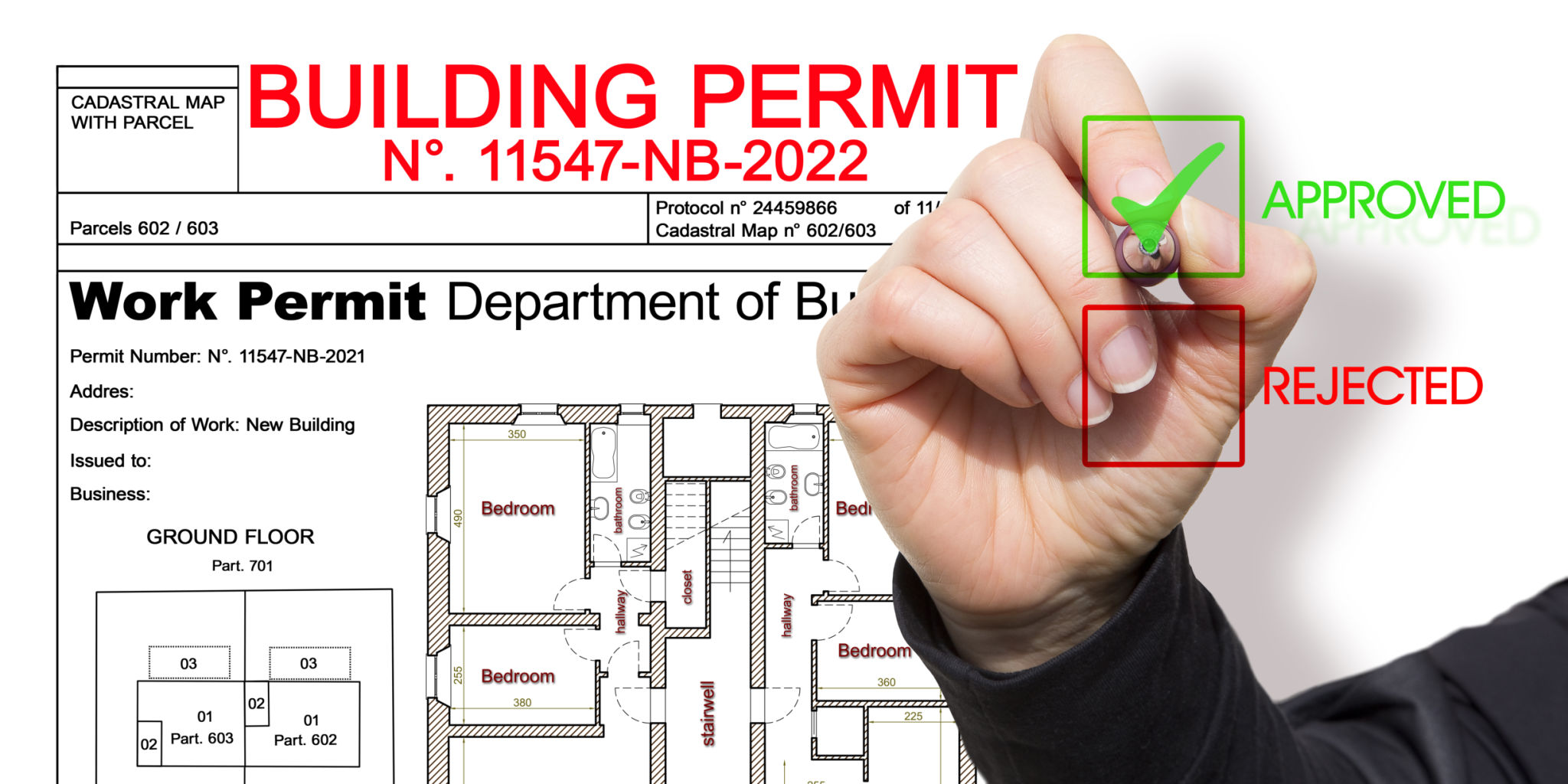Common Remodeling Mistakes and How to Avoid Them
Setting an Unrealistic Budget
One of the most common mistakes homeowners make when remodeling is setting an unrealistic budget. It's easy to get carried away with ideas and plans, but without a practical budget, projects can quickly spiral out of control. To avoid this pitfall, start by researching the average costs of materials and labor in your area. Always include a contingency fund to cover unexpected expenses, which are almost inevitable in any remodeling project.

It's also important to prioritize your needs over your wants. Create a list of essential updates and allocate funds accordingly. This way, if you find yourself exceeding your budget, you can make informed decisions about where to cut back without compromising on quality or functionality.
Neglecting to Hire Professionals
Another frequent error is attempting to tackle complex projects without professional help. While DIY can be a rewarding approach for smaller tasks, certain jobs require the expertise of trained professionals. Hiring skilled contractors ensures that work is done safely and adheres to local building codes. Electrical, plumbing, and structural changes are areas where professional input is particularly crucial.
Before hiring, do your homework by checking reviews, asking for references, and verifying licenses. A reputable contractor will provide a detailed contract outlining the scope of work, timeline, and payment schedule. This not only protects you but also sets clear expectations for both parties.

Overlooking Functionality
Many homeowners focus heavily on aesthetics during a remodel, sometimes at the expense of functionality. While it's essential for your home to look good, it should also be practical and comfortable for daily living. For instance, when redesigning a kitchen, ensure there's enough counter space and storage. When renovating bathrooms, prioritize easy access and ventilation.
Think about how each room will be used and plan accordingly. Consider factors like lighting, traffic flow, and accessibility to create spaces that truly work for your lifestyle. Consulting with a designer can provide valuable insights into optimizing both form and function in your remodel.

Inadequate Planning
A successful remodeling project starts with thorough planning. Rushing into a project without a clear plan can lead to costly mistakes and delays. Begin by establishing a timeline that accounts for all phases of the project, from design to completion. Be realistic about how long each stage will take, especially if you’re coordinating with multiple contractors.
Regularly communicate with your contractors to track progress and address any issues that arise promptly. Flexibility is key; unexpected challenges may require adjustments to your timeline or plans. Keeping open lines of communication helps ensure that everyone remains on the same page throughout the process.
Ignoring Permits and Regulations
Failing to secure the necessary permits is a mistake that can lead to fines, delays, and even having to undo completed work. It's crucial to understand the regulations specific to your area before starting any major renovations. Permits are typically required for structural changes, electrical work, plumbing alterations, and additions.
Check with your local building department to determine what permits are needed for your project. Hiring a contractor familiar with local codes can be beneficial in navigating these requirements efficiently.

Conclusion: Plan Ahead for Success
Remodeling your home is an exciting opportunity to enhance its value and livability, but it's essential to avoid common pitfalls that can derail your project. By setting a realistic budget, hiring professionals when needed, focusing on functionality, planning thoroughly, and adhering to regulations, you can ensure a smooth remodeling journey.
Remember, the key to a successful remodel is preparation and adaptability. With careful planning and attention to detail, you can transform your home into a space that truly meets your needs and aspirations.